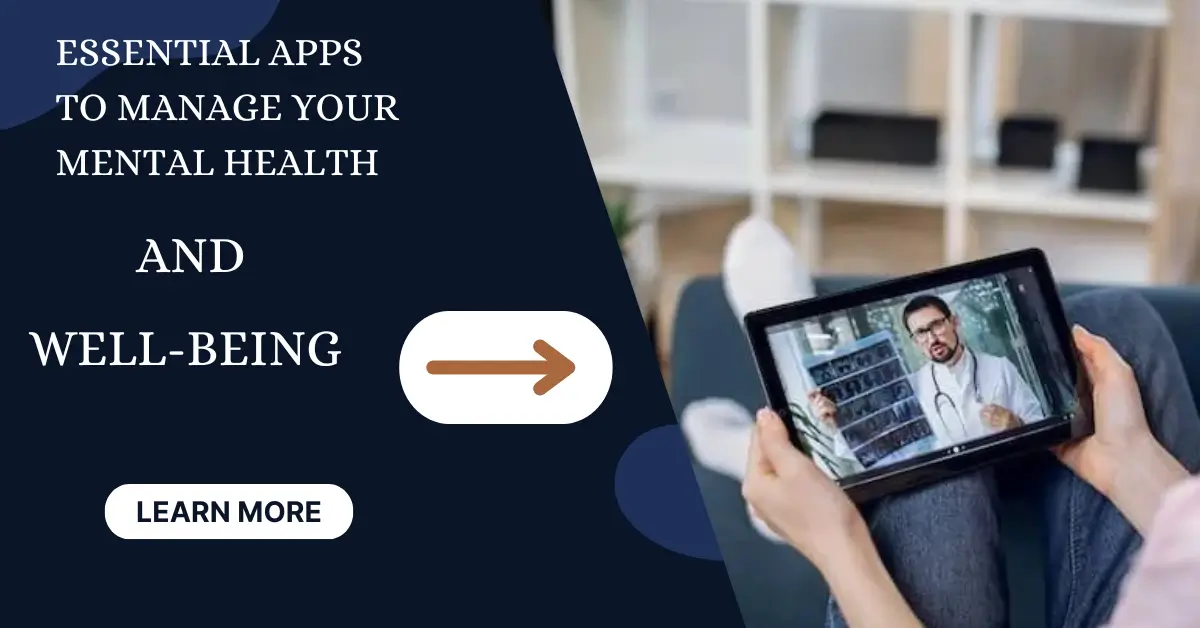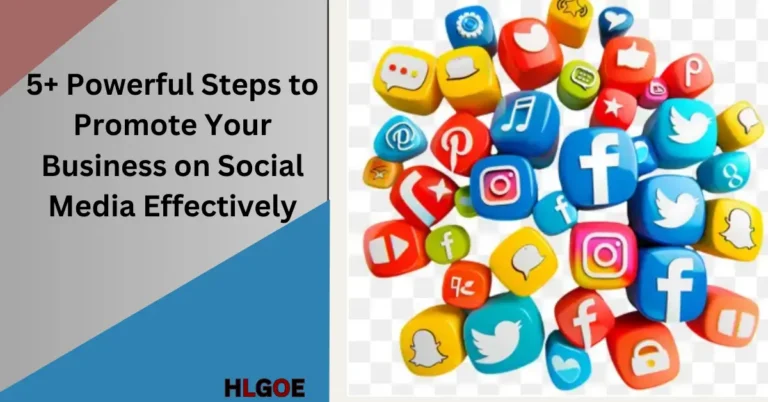Essential Apps to Manage Your Mental Health and Well-being
In today’s fast-paced and demanding world, prioritizing mental health has never been more crucial. With rising levels of stress, anxiety, and burnout, finding effective ways to manage our mental well-being has become a necessity rather than a luxury. This is where technology steps in as a game-changer, offering innovative tools to help us navigate the complexities of modern life.
Mental health apps have emerged as powerful allies in the quest for emotional balance. These digital solutions are designed to address various aspects of mental health, from easing daily stress to providing professional-grade therapy sessions. Whether you’re seeking a moment of calm through guided meditation or need a reliable platform for cognitive behavioral therapy, there’s an app for every need.
This blog takes a closer look at some of the best mental health apps available today. We’ll explore their features, benefits, and how they can support you in managing stress, anxiety, and overall well-being. By the end, you’ll have a clear understanding of which app might best suit your needs and how these tools can become an integral part of your mental health routine.
So, if you’ve ever wondered how a small device in your pocket can make a big difference to your mental well-being, keep reading. The world of mental health apps is vast, and we’re here to guide you through it.
What Are Mental Health and Well-Being Apps?
Mental health and well-being apps are digital tools specifically designed to support emotional and psychological health. They serve as accessible and often affordable solutions for individuals seeking to improve their mental health, manage stress, or address specific issues like anxiety or depression. These apps fall into several categories, including stress management tools, guided meditation platforms, mood trackers, and therapy apps.
For instance, stress management tools focus on techniques like breathing exercises and mindfulness practices, while guided meditation apps offer curated sessions to help users relax and center themselves. Therapy platforms connect users with licensed professionals, providing convenient access to counseling or cognitive behavioral therapy (CBT). Regardless of the type, these apps aim to promote mental well-being in a way that’s both flexible and user-friendly.
Top Mental Health Apps to Consider
Here are some standout mental health apps that cater to different needs:
- Headspace
- Known for its guided meditation and mindfulness practices, Headspace helps users cultivate a sense of calm and focus. Its user-friendly interface makes it ideal for beginners and seasoned meditators alike.
- Calm
- With a focus on sleep and relaxation, Calm offers features like sleep stories, ambient music, and breathing exercises. It’s an excellent choice for those looking to improve sleep quality and reduce stress.
- BetterHelp
- This online therapy platform connects users with licensed therapists via text, call, or video sessions. BetterHelp is a convenient option for those seeking professional mental health support from the comfort of their home.
- Moodpath
- Designed as a mood-tracking app, Moodpath provides insights into emotional patterns and connects users with resources to manage their mental health. It’s particularly useful for individuals who want to better understand their emotional well-being.
- Woebot
- An AI-driven chatbot, Woebot uses principles of CBT to guide users through challenging emotions and thoughts. It offers a conversational approach to mental health support, making it accessible and engaging.
How These Apps Help with Stress and Anxiety
Mental health apps provide a variety of features tailored to alleviate stress and anxiety. For instance, guided meditation and mindfulness practices found in apps like Headspace and Calm can help users build resilience against daily stressors. These tools encourage a moment-to-moment awareness that aids in emotional regulation.
Apps like Woebot and BetterHelp offer a more structured approach. Woebot’s AI-driven conversations use CBT techniques to challenge negative thought patterns and reinforce positive ones. On the other hand, BetterHelp connects users with licensed therapists, offering professional guidance for those facing more persistent issues.
Stress management tools, such as breathing exercises in Calm or mindfulness sessions in Headspace, provide immediate relief during moments of acute stress or anxiety. These features empower users to develop healthier coping mechanisms over time, reducing the overall impact of stress on their mental health.
Benefits of Using Mental Health Apps
The advantages of mental health apps extend beyond convenience. They offer:
- Accessibility: Mental health apps make support available anytime, anywhere. This is especially valuable for individuals in remote areas or those with busy schedules.
- Affordability: Compared to traditional therapy, many apps offer free versions or affordable subscription plans, lowering financial barriers to mental health care.
- Personalization: These apps adapt to individual needs, whether through mood tracking, customized meditation sessions, or tailored therapy plans.
- Habit Formation: Regular use of these tools can help users establish and maintain healthy mental health habits, promoting long-term well-being.
Limitations of Mental Health Apps
While mental health apps are effective, they are not a substitute for professional care in severe cases. For instance:
- Apps may lack the depth of interaction needed for complex mental health conditions.
- They rely on user consistency, which can be challenging for some individuals.
- Privacy concerns may arise when sharing personal information on digital platforms.
It’s crucial to recognize when professional intervention is necessary, especially for conditions like severe depression, PTSD, or suicidal ideation. Mental health apps should complement, not replace, comprehensive care.
Conclusion
Mental health apps are transforming how we approach emotional and psychological well-being. By offering accessible, affordable, and personalized solutions, they empower individuals to take charge of their mental health. Whether you’re seeking relief from daily stress or a platform for therapy, there’s likely an app tailored to your needs.
While these tools are incredibly valuable, they work best as part of a broader mental health strategy. Exploring and integrating the right apps into your routine can pave the way for a healthier, more balanced life. So, take the first step today—your mental well-being is worth it.







